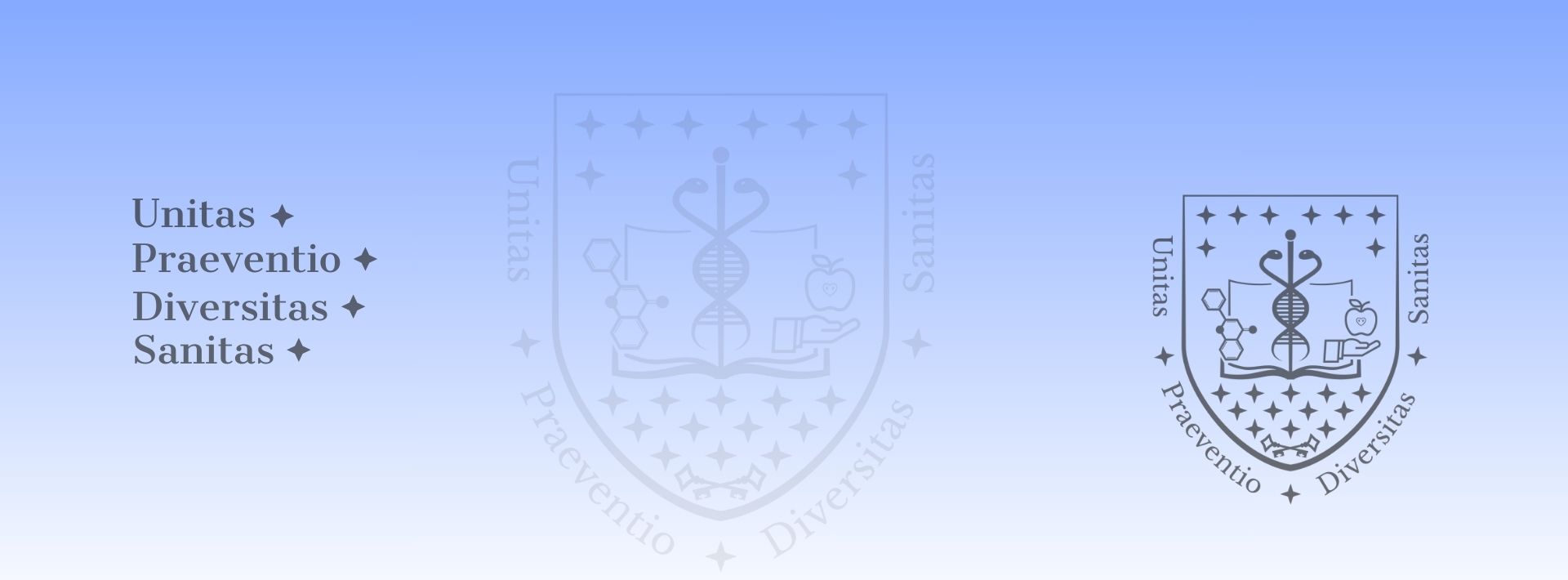Data
Official data in SubjectManager for the following academic year: 2024-2025
Course director
-
Járomi Luca
assistant professor,
Department of Public Health Medicine -
Number of hours/semester
lectures: 12 hours
practices: 0 hours
seminars: 0 hours
total of: 12 hours
Subject data
- Code of subject: OBF-CDT-T
- 1 kredit
- Biotechnology MSc
- Optional modul
- autumn
-
Course headcount limitations
min. 5 – max. 50
Available as Campus course for . Campus-karok: ÁOK ETK TTK
Topic
The aim of the course is to develop critical thinking in science and to understand the functions of drug transporters in performing everyday cellular tasks. It helps future doctors, researchers and biotechnologists to get a comprehensive picture of the essential role of drug transporters, which knowledge will later be used in the – targeted - therapy, or development of drugs. Transporters are proteins that play a role in bringing small molecules—such as endogenous compounds, vitamins, amino acids, nutrients, and drugs—across biological membranes. Transporters may mediate influx or efflux, or they may be bidirectional. Bidirectional transporters facilitate the movement of substrates across membranes in either direction from the intracellular to the extracellular compartments or vice versa. Transporters that are predominantly influx bring substrates into the cell. Transporters acting as efflux pumps protect organs by pumping drugs and other substances out of the cell. The course encompasses 3 major areas: transporters in absorption, distribution, metabolism, and elimination (known as ADME), the pharmacogenomics of transporters, and the endogenous role of transporters that have been predominantly characterized as drug transporters. Each transporter is unique and does something different.
Lectures
- 12. Test - Járomi Luca
- 11. Summary - Járomi Luca
- 10. Future perspectives, conclusions and outlook - Járomi Luca
- 9. In vivo and in vitro Characterization of Interactions on Transporters - Járomi Luca
- 8. Cancer: Exsorptive Transporters Expressed on Transformed Cells - Járomi Luca
- 7. P-glycoprotein (MDR1/ABCB1), ABCG2 - Járomi Luca
- 6. General characteristics of ABC-transporter family, members - Járomi Luca
- 5. Nucleoside transporters family - Járomi Luca
- 4. ADME pharmacogenomics in drug development - Járomi Luca
- 3. Genetic role and pharmacogenetic characteristics of drug transporters - Járomi Luca
- 2. General characteristics of drug transporters - Járomi Luca
- 1. Introduction to world of drug transporters - Járomi Luca
Practices
Seminars
Reading material
Obligatory literature
Literature developed by the Department
PPT
Notes
PPT
Recommended literature
Yuichi Sugiyama • Bente Steffansen Editors Transporters in Drug Development Discovery, Optimization, Clinical Study and Regulation, DOI 10.1007/978-1-4614-8229-1 Springer New York Heidelberg Dordrecht London.
Thomas Efferth Editor Resistance to Targeted ABC Transporters in Cancer, DOI 10.1007/978-3-319-09801-2 Springer Cham Heidelberg New York Dordrecht London
Membrane Transporters in Drug Discovery and Development Methods and Protocols Edited by Qing Yan PharmTao, Santa Clara, California, USA, DOI 10.1007/978-1-60761-700-6 Springer New York Dordrecht Heidelberg London
K. Sandy Pang · A. David Rodrigues · Raimund M. Peter Editors Enzyme- and Transporter-Based Drug–Drug Interactions Progress and Future Challenges, DOI 10.1007/978-1-4419-0840-7 Springer New York Dordrecht Heidelberg London
Cancer Drug Resistance Overviews and Methods Edited by José Rueff, DOI 10.1007/978-1-4939-3347-1 , Springer New York Heidelberg Dordrecht London
Conditions for acceptance of the semester
There are no other conditions.
Mid-term exams
At the end of the semester, 1 exam test must be completed on the last, 23-24. during class, within the framework of the class.
Making up for missed classes
In consultation with the instructor, it is possible to replace the lectures.
Exam topics/questions
The mid-semester exam consists only of single and multiple choice and does not contain essay-type questions.
1. Introduction to world of drug transporters
2. General characteristics of drug transporters
3. Terms definition of drug transporters
4. Genetic role of drug transporters
5. Pharmacogenetic characteristics of drug transporters
6. Basics in pharmacokinetics: definition of absorption, distribution, metabolism, and excretion (ADME)
7. Explanation of absorption, distribution, metabolism, and excretion (ADME)
8. Membrane transporters in ADME I.
9. Membrane transporters in ADME II.
10. ADME pharmacogenomics in drug development I.
11. ADME pharmacogenomics in drug development II.
12. The Role of Transporters in Drug Development: Regulatory Science Perspectives from the FDA
13. Industrial Evaluation of Drug Transporters in ADME
14. The pharmacogenomics of membrane transporters I.
15. The pharmacogenomics of membrane transporters II.
16. Nucleoside transporters family
17. General characteristics of ABC-transporter family
18. Most relevant ones: ABC-transporters
19. P-glycoprotein (MDR1/ABCB1)
20. ABCG2
21. Cancer: Exsorptive Transporters Expressed on Transformed Cells
22. In vivo and in vitro Characterization of Interactions on Transporters
23. Future perspectives, conclusions and outlook
